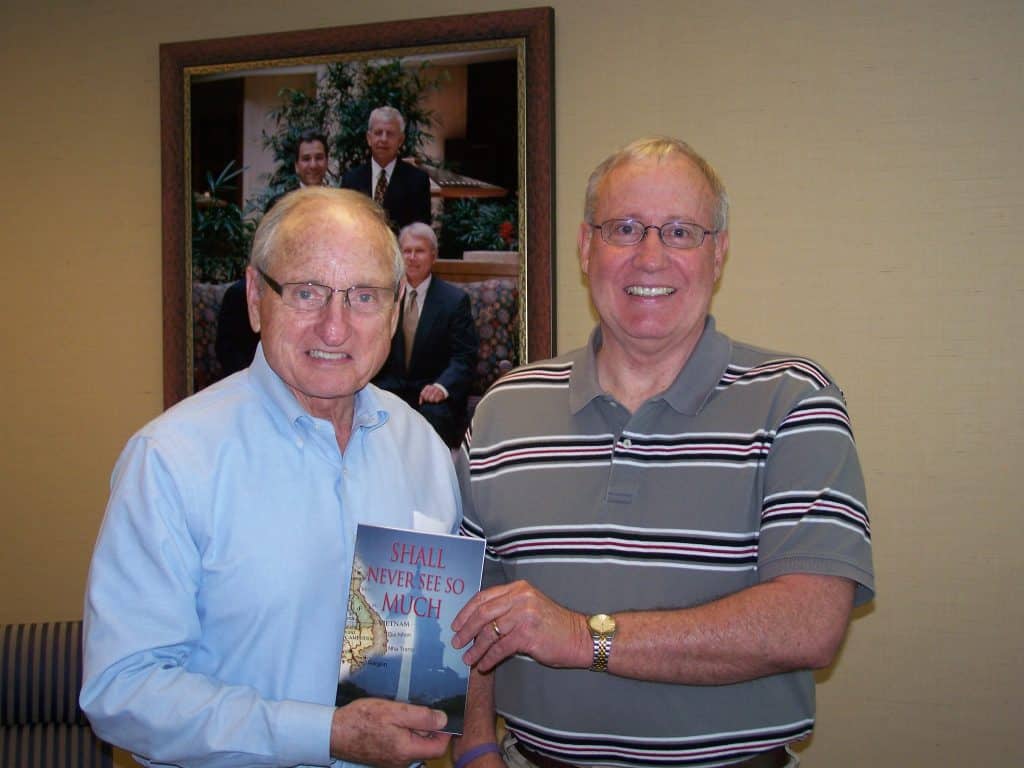“I saw your sons and your husbands, your brothers and your sweethearts. I saw how they worked, played, fought, and lived. I saw some of them die. I saw more courage, more good humor in the face of discomfort, more love in an era of hate, and more devotion to duty than could exist under tyranny.” – Comedian Bob Hope, 1944.
In 1918, on the 11th hour of the 11th day of the 11th month, an armistice was declared between the Allied nations and Germany in World War I. Armistice Day on November 11th became a federal holiday in the U.S. in 1938. After World War II and the Korean War, Armistice Day became Veterans Day.
In 2023, there were an estimated 18M living veterans in the U.S., which equated to about 6% of the total adult population (Pew Research). Less than 180,000 of that number were World War II veterans. The Greatest Generation is fast leaving us.
Also in 2023 and according to the VA, there were nearly 36,000 homeless veterans which represented an increase of 7.4% from 2022. Newsweek writes that the border crisis is costing taxpayers $150B (that’s Billion!). This isn’t meant as a political rant, but here goes anyway: 36,000 homeless veterans who offered their service to this nation might very well have suffered physical and/or mental-health disabilities as a result. I can’t help but think that some of the staggering sum of $150B would be better spent on providing for the people who contributed their service to the country than on those who have contributed nothing. The VA is spending $3.2B on homeless programs. Shelter, medical care, addiction treatment, and jobs training are costly. I get that. I also get that the problems of the homeless are varied and complex. I don’t know what the solution is, but I’d rather there was a far higher degree of national urgency in seeking it. Don’t we owe it to them?
But I digress.
The Military Times reported that 180 veterans won primaries and were vying for seats in either the House or Senate. I consider it a good sign that veterans are choosing to run for elective office in the legislative bodies that may have previously sent some of them to war. May the ones who win a seat serve with integrity and trustworthiness. Ah, what a refreshing change that might be!
This Veterans Day, I’ll think of the veteran members of my own family: My Dad, who served in the Army Air Corps in World War II; his two older brothers who served, and were wounded, at Omaha Beach and Hickam Field, Hawaii; my cousin who was wounded at Bastogne. I won’t forget my wife’s father who fought his way across Germany.
To our vets, a happy Veterans Day. Find a restaurant that is offering a free meal or a discount, and enjoy yourselves. The restaurant owners feel like you’ve earned it. And you have.
And to my Marine brothers, Happy Veterans Day and Semper Fi.




